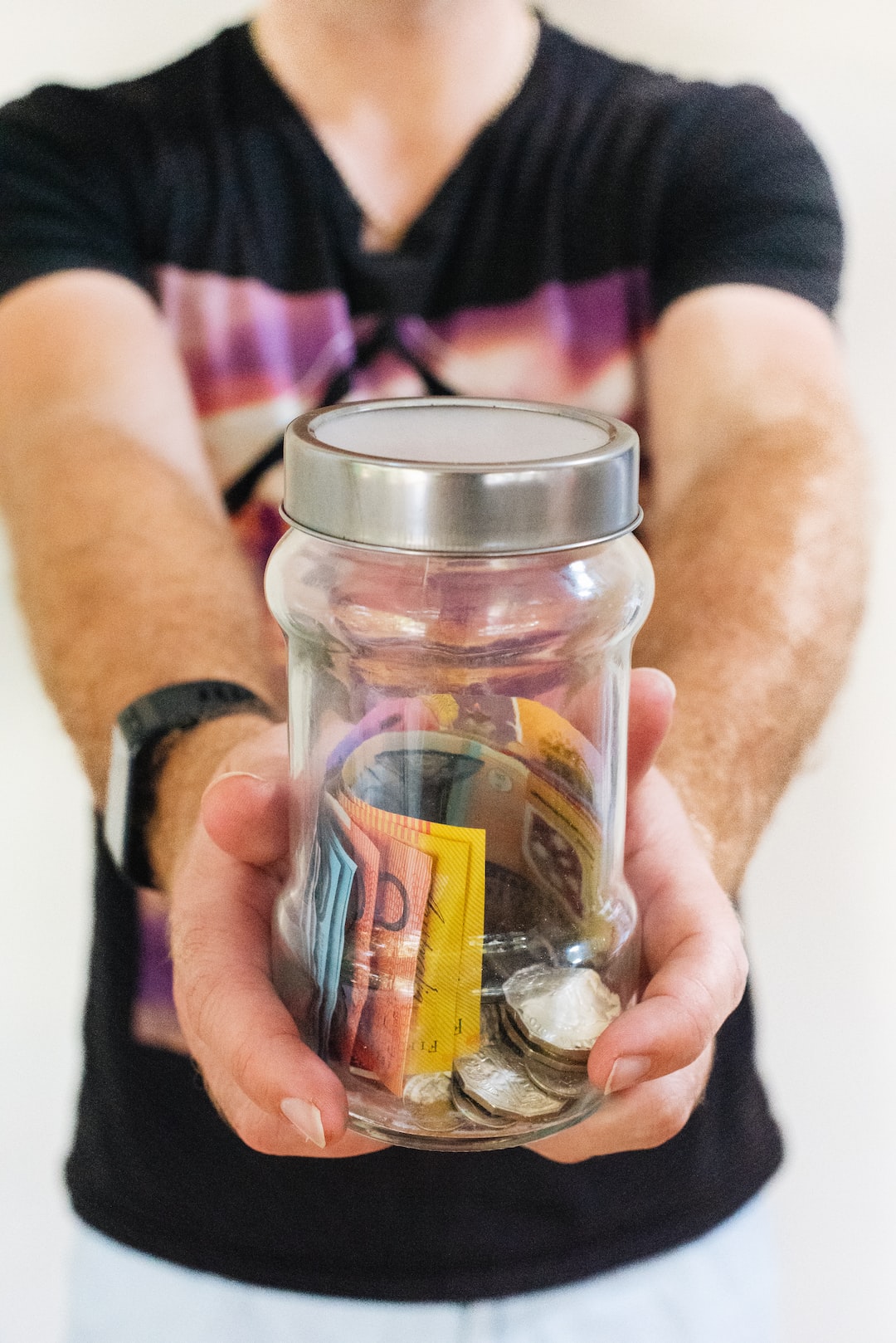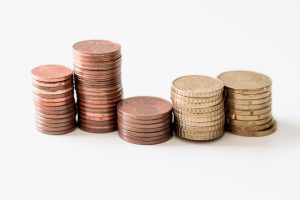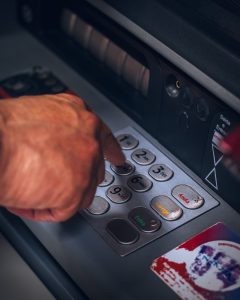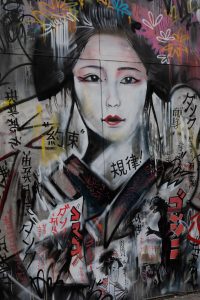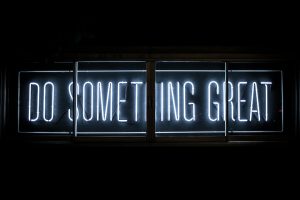The foreign exchange market, commonly known as the forex market, is the largest financial market in the world. It is a decentralized market, meaning that it operates electronically and there is no physical location where trades take place. The forex market is made up of various participants, including banks, corporations, governments, investors, and speculators. In this article, we will delve deeper into who makes up the forex market.
Banks
Banks are the largest participants in the forex market, accounting for more than 50% of the daily trading volume. They trade in the forex market on behalf of their clients, which include other banks, multinational corporations, and institutional investors. Banks participate in the forex market for various reasons, including hedging their foreign exchange risk, facilitating international trade, and generating profits from trading.
Multinational Corporations
Multinational corporations also play a significant role in the forex market. They participate in the market to manage their foreign exchange risk, which arises from conducting business in different countries with different currencies. For instance, a U.S.-based company that operates in Europe will need to exchange euros for dollars to repatriate its profits back to the U.S. Multinational corporations also participate in the forex market to finance their operations in different countries, such as borrowing in a foreign currency to fund a project in a foreign country.
Governments and Central Banks
Governments and central banks also participate in the forex market. They intervene in the market to manage their currencies’ value, maintain price stability, and support their economies. Central banks can buy or sell their currencies in the forex market to influence their exchange rates. For example, if a central bank wants to weaken its currency, it can sell its currency in the forex market, increasing its supply and reducing its value. Governments and central banks also use the forex market to manage their foreign exchange reserves, which are a significant component of their international assets.
Investors
Investors, including retail and institutional investors, also participate in the forex market. Retail investors trade in the forex market through brokers, using leverage to amplify their profits and losses. Institutional investors, such as hedge funds and pension funds, also trade in the forex market, using sophisticated trading strategies and technologies to maximize their returns. Investors participate in the forex market to diversify their portfolios, hedge their risks, and speculate on currency movements.
Speculators
Speculators are the final group of participants in the forex market. They trade in the market to profit from currency movements, without any underlying economic or financial transactions. Speculators include individual traders, proprietary trading firms, and high-frequency trading algorithms. They use technical and fundamental analysis to identify trading opportunities and execute trades quickly to capitalize on short-term price movements.
Conclusion
In conclusion, the forex market is made up of various participants, including banks, multinational corporations, governments and central banks, investors, and speculators. Each group of participants has its unique motivations and strategies for participating in the market. Understanding who makes up the forex market is essential for anyone interested in trading currencies, as it provides insights into the market’s dynamics and influences.

